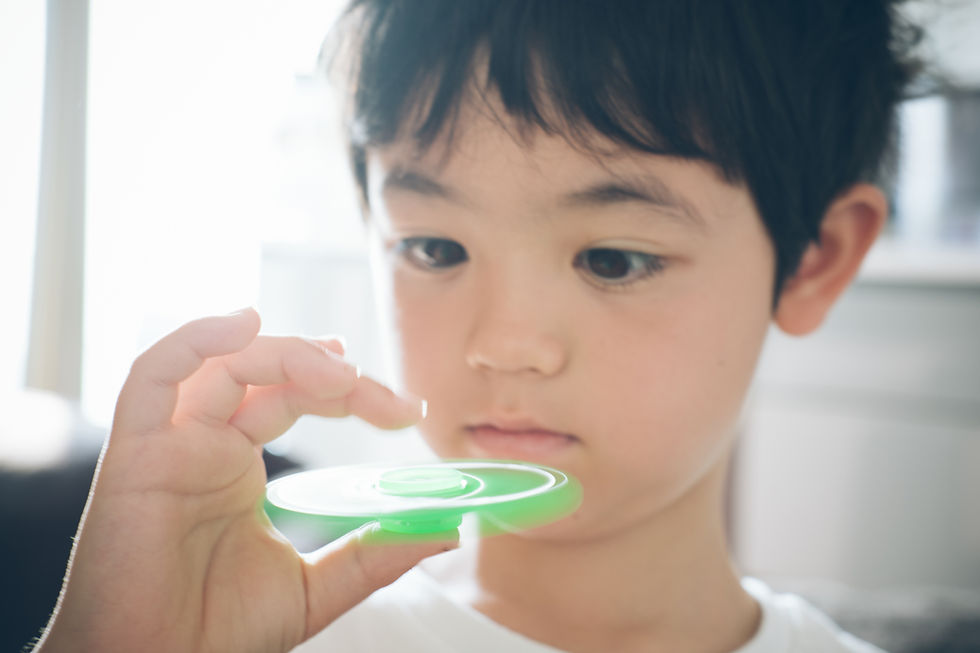Comparing LORETA Z Score Neurofeedback and Cognitive Rehabilitation Regarding Their Effectiveness in
- Kristen Bot
- Nov 30, 2023
- 2 min read
Neurofeedback and cognitive therapies have been helping people with addiction for a while, but there's always room for new approaches. Two methods, LORETA Z Score Neurofeedback (LZNFB) and cognitive rehabilitation, are now in the spotlight, especially for their potential to help reduce the strong urge or "cravings" for opioids.
In a recent study, researchers worked with thirty people battling opioid addiction. They split these individuals into three groups. Two groups tried out the new therapies while continuing their regular methadone treatments, and the third group stuck with methadone alone, serving as a kind of comparison benchmark.
What the team discovered was pretty encouraging. The folks who received the new treatments showed less intense cravings compared to those who just had their regular treatment. Interestingly, the group on the LZNFB therapy reported the most significant drop in these opioid cravings. On the other side, those undergoing cognitive rehabilitation got better at controlling their attention around triggers that would usually make them crave opioids.
An extra bonus was that people in the new treatment groups also seemed to be doing better overall in their recovery journey, feeling more in control and positive about life after the treatments and even a month later.
So, what does all of this mean? Well, it looks like these new therapies, LZNFB and cognitive rehabilitation, are pretty promising. When used together with usual treatments like methadone, they could make a big difference in reducing cravings and improving life quality for people struggling with opioid addiction. The best part is that these methods are non-invasive and come with very few side effects, making them a great addition to existing treatment programs.
In simpler terms, treating addiction is complicated and can't rely solely on traditional methods, which don't always do the trick. These new, innovative strategies offer a fresh and effective way to help people manage their cravings and stay on track with their recovery. See the original study here: https://pubmed.ncbi.nlm.nih.gov/36589016/





Comments